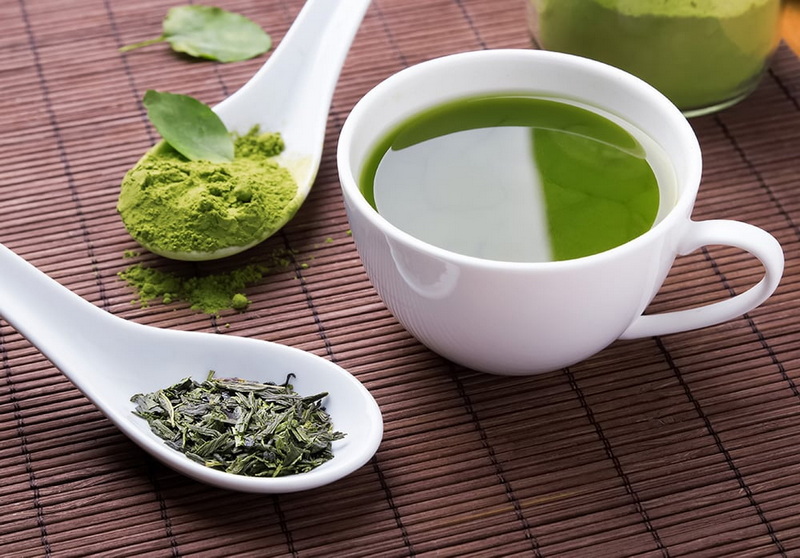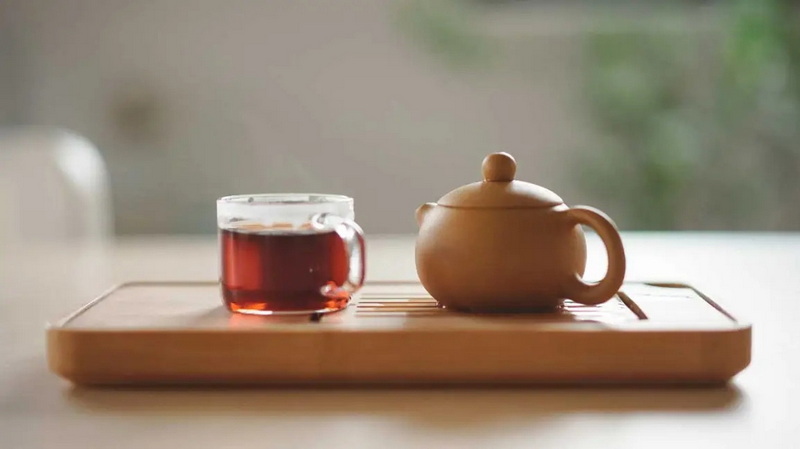Content Menu
● Introduction to L-Theanine and Kava
>> L-Theanine
>> Kava
● Mechanisms of Action
>> L-Theanine
>> Kava
● Efficacy Comparison
>> L-Theanine
>> Kava
● Safety and Side Effects
>> L-Theanine
>> Kava
● Additional Considerations
>> Lifestyle and Diet
>> Mindfulness and Meditation
● Conclusion
● FAQ
>> 1. What is the recommended dosage of L-theanine for stress relief?
>> 2. Is kava safe for long-term use?
>> 3. Can L-theanine be consumed with other supplements?
>> 4. Does L-theanine interact with caffeine?
>> 5. Are there any known interactions between kava and medications?
● Citations:
Stress relief is a critical aspect of maintaining mental health, and various natural supplements have been explored for their potential benefits. Two popular options are L-theanine, found in green tea, and kava, a plant-based herbal remedy. This article delves into the comparison of these two substances, focusing on their efficacy, mechanisms, and safety profiles.

Introduction to L-Theanine and Kava
L-Theanine
L-theanine is an amino acid predominantly found in green tea. It is renowned for its calming effects and has been studied extensively for its potential to reduce stress and anxiety. L-theanine is believed to promote relaxation by influencing neurotransmitter levels, such as increasing GABA (gamma-aminobutyric acid), which helps regulate sleep and mood. Additionally, L-theanine may enhance focus and concentration, making it a popular choice among students and individuals with demanding mental tasks.
Kava
Kava, derived from the roots of the *Piper methysticum* plant, has been used for centuries in Pacific Island cultures for its sedative and anxiolytic properties. It is often consumed as a supplement to alleviate anxiety and stress. However, kava has faced scrutiny due to potential liver toxicity risks, which have led to its regulation in several countries.
Mechanisms of Action
L-Theanine
L-theanine works by crossing the blood-brain barrier, where it can modulate neurotransmitter activity. It is known to increase alpha brain wave activity, which is associated with a state of relaxation and reduced stress levels. Additionally, L-theanine may counteract some of the stimulating effects of caffeine, making it a popular choice for those seeking a balanced energy boost without jitters. This synergistic effect is particularly beneficial for individuals who consume both green tea and coffee.
Kava
Kava's anxiolytic effects are attributed to its ability to interact with GABA receptors in the brain, similar to benzodiazepines but with a different mechanism. However, its interaction with other neurotransmitters and potential for liver damage has raised concerns about its long-term safety. Kava's active compounds, known as kavalactones, are responsible for its sedative properties.
Efficacy Comparison
L-Theanine
Studies have consistently shown that L-theanine can reduce stress and anxiety levels. A systematic review suggested that doses of 200-400 mg per day may be effective in reducing stress in individuals exposed to stressful conditions. Additionally, L-theanine has been found to improve sleep quality and cognitive function, making it a versatile supplement for overall mental well-being.
Kava
Kava has also demonstrated anxiolytic effects in clinical trials, though its efficacy can vary depending on the preparation and dosage. However, concerns about liver toxicity have limited its widespread acceptance as a stress relief supplement. Some studies suggest that kava may be effective for short-term anxiety relief, but its long-term use is not recommended without medical supervision.

Safety and Side Effects
L-Theanine
L-theanine is generally considered safe with minimal side effects. However, consuming large amounts of green tea (which contains caffeine) can lead to side effects like jitteriness and insomnia. Pregnant or breastfeeding women should consult healthcare providers before using L-theanine supplements, as there is limited research on its effects during these periods.
Kava
Kava's safety profile is more concerning due to reports of liver damage and other adverse effects with long-term use. It is not recommended for individuals with liver conditions or those taking certain medications, such as blood thinners. The risk of liver toxicity has led to regulatory actions in several countries, restricting its sale and use.
Additional Considerations
Lifestyle and Diet
In addition to supplements, lifestyle and dietary changes can significantly impact stress levels. Regular exercise, a balanced diet rich in fruits and vegetables, and adequate sleep are essential for maintaining mental health. Combining these lifestyle adjustments with supplements like L-theanine can enhance their effectiveness.
Mindfulness and Meditation
Mindfulness practices, such as meditation and yoga, have been shown to reduce stress and anxiety by promoting relaxation and improving emotional regulation. These practices can be used in conjunction with supplements to create a comprehensive stress management plan.
Conclusion
While both L-theanine and kava have shown potential in stress relief, L-theanine appears to be a safer and more consistently effective option. Its ability to promote relaxation without significant side effects makes it a preferable choice for many. However, individual responses can vary, and it's essential to consult healthcare professionals before starting any new supplements. Additionally, incorporating lifestyle changes and mindfulness practices can further enhance the benefits of these supplements.

FAQ
1. What is the recommended dosage of L-theanine for stress relief?
L-theanine is typically recommended at doses of 200-400 mg per day for stress relief. However, it's crucial to consult with a healthcare provider to determine the best dosage for your specific needs.
2. Is kava safe for long-term use?
Kava is not recommended for long-term use due to potential liver toxicity risks. It should be used under medical supervision and with caution.
3. Can L-theanine be consumed with other supplements?
L-theanine can generally be taken with other supplements, but it's important to consult a healthcare provider, especially if you're taking medications or other substances that might interact with it.
4. Does L-theanine interact with caffeine?
Yes, L-theanine can counteract some of the stimulating effects of caffeine, making it a popular choice for those who consume both.
5. Are there any known interactions between kava and medications?
Yes, kava can interact with certain medications, including blood thinners and liver medications. It's crucial to consult a healthcare provider before using kava if you're on any medications.
Citations:
[1] https://www.everydayhealth.com/stress/best-supplements-that-may-help-reduce-stress-and-one-to-avoid/
[2] https://pubmed.ncbi.nlm.nih.gov/31758301/
[3] https://www.healthline.com/health/l-theanine
[4] https://pmc.ncbi.nlm.nih.gov/articles/PMC4728665/
[5] https://synapse.koreamed.org/articles/1053651
[6] https://www.jstage.jst.go.jp/article/jnsv/68/6/68_540/_article
[7] https://www.betterhealth.vic.gov.au/health/healthyliving/kava
[8] https://pmc.ncbi.nlm.nih.gov/articles/PMC5537891/
[9] https://psychiatricalternatives.com/wellness-article.php?a=16
[10] https://www.nature.com/articles/s41598-024-59383-y
[11] https://www.webmd.com/vitamins-and-supplements/theanine-uses-and-risks






























